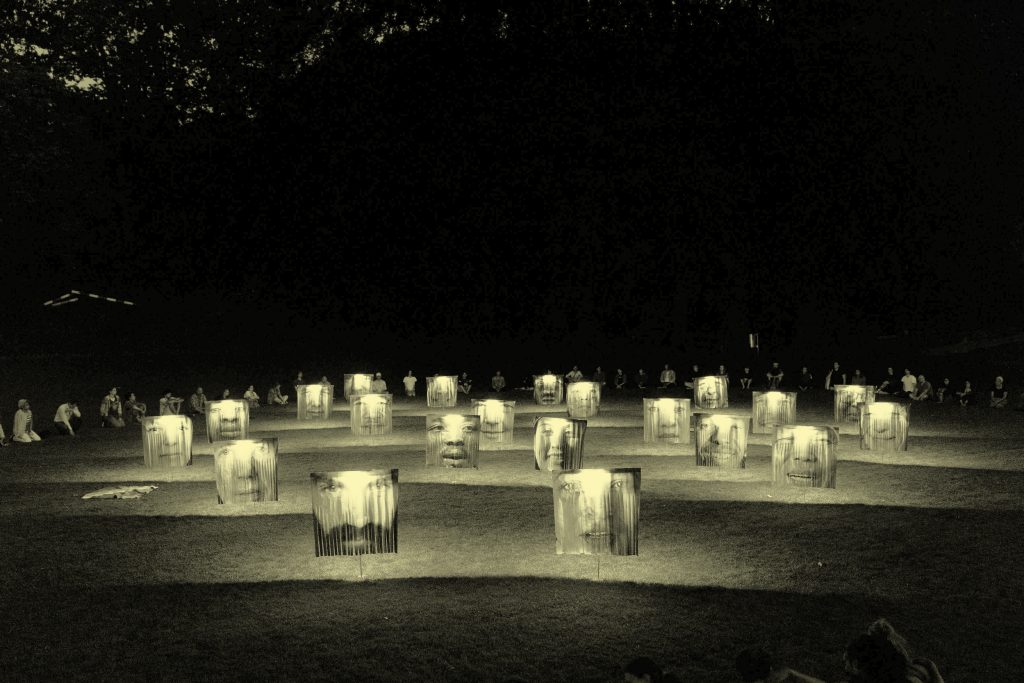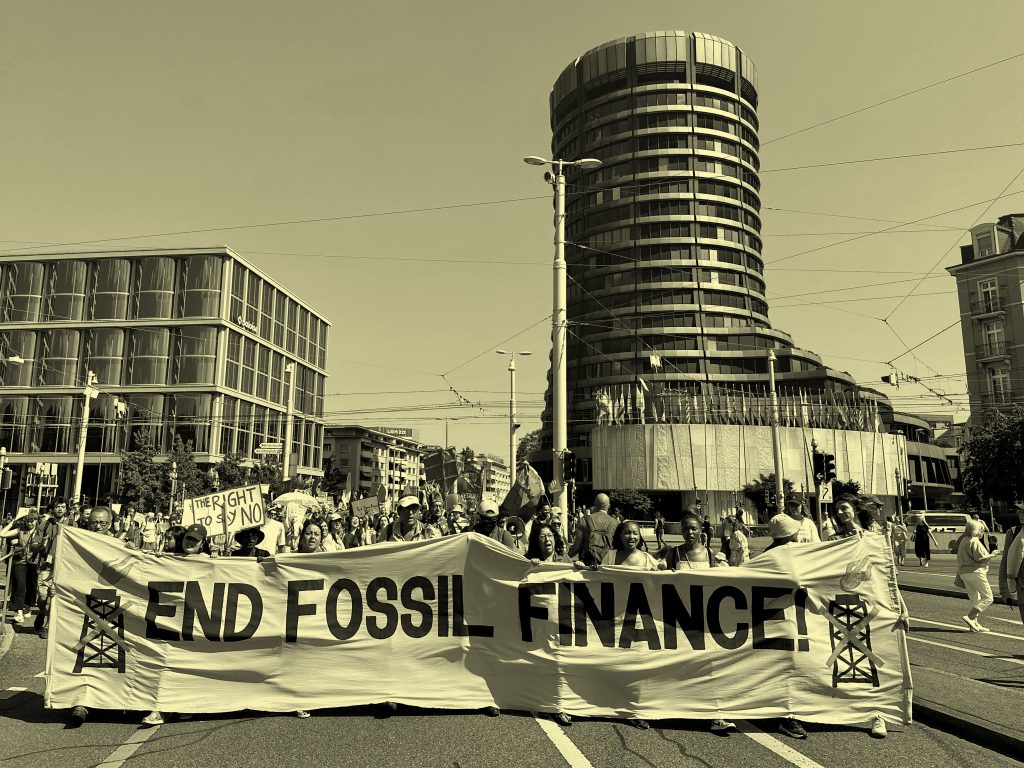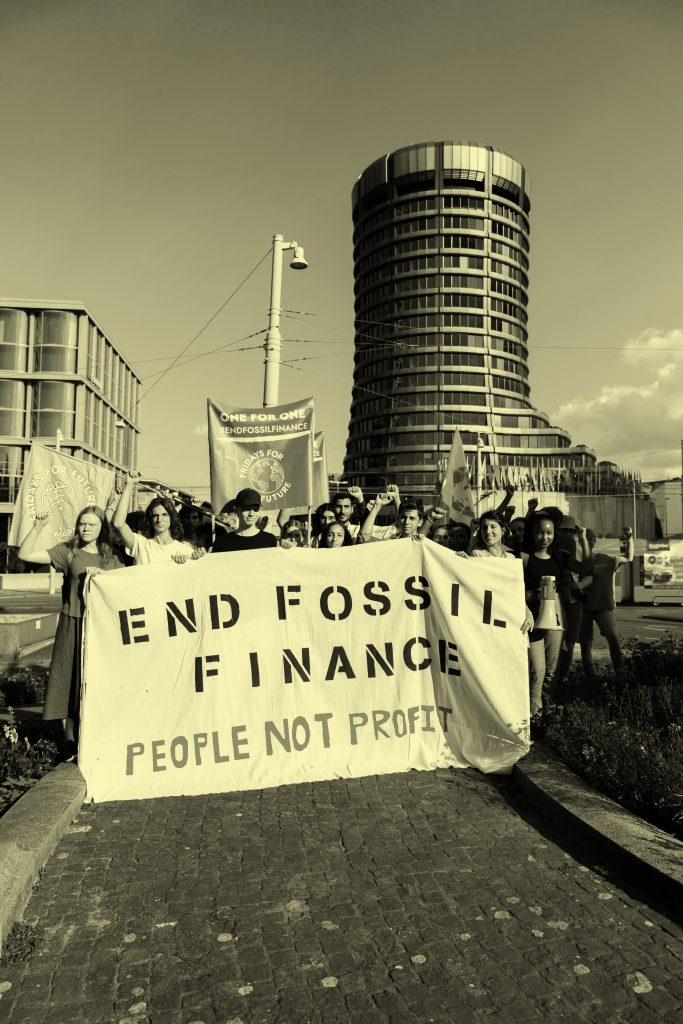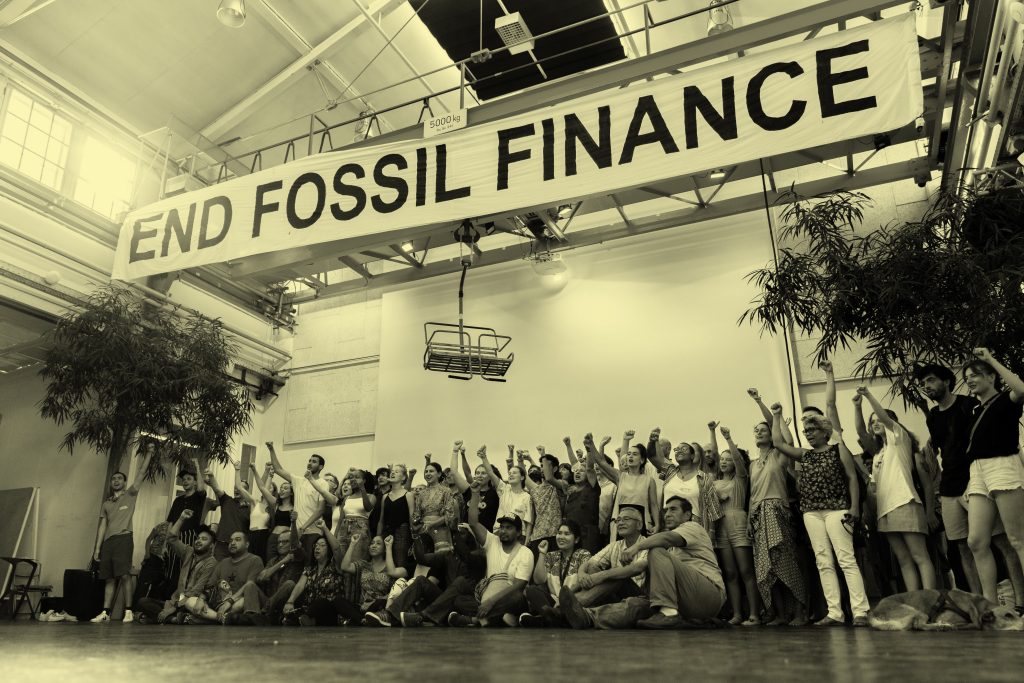MANIFESTO
I. What we are
We come from different and distant places. Our stories are told in different rhythms and languages. Our lands are home to worlds, dreams and knowledge that are singular, plural, fundamentally irreducible. Our waters flow each in its own way. We are the rivers that flow down from the Rocky Mountains to Tierra del Fuego. We are the reefs that inhabit the Green Island Passage and the rest of the Philippine archipelago. We are Lake Victoria and the deltas of the Rhine. We are the Black Forest, the Huasteca Potosina and the forest of Hasdeo Arand. We are the Wild Coast of Pondoland, the coastline of Casamance and the bays of Chimbote. We are the people, the birds and the clouds that make the Amazon throb and live off the Mediterranean. Our collective habitat is woven from the recognition and respect for the places where our differences are born and grow.
We share few things. But although they are few, they are no less decisive. We share a life and a planet, and the conviction that to care for one is to defend the other. We share bonds of solidarity, cooperation and mutual aid, regardless of distances or borders. We share experiences and hopes in a collective mode of living, one that does not hide and annihilate our singularities, but that values, preserves and enriches them.
However, we also share the same rage and pain. The feeling for the earth when the tentacles of capital exploit, dispossess, corrupt, destroy and murder. We share colonial histories where the profit of a few depends on the misery of many others, where the expansion of one specific mode of existence is perpetuated through the conquest, submission and extinction of the rest. We share the righteous indignation for every desolate landscape, every displaced family, every polluted river, every extinct language and species, every oppressed worker, every persecuted activist. We share the grief for all our dead and disappeared.
But for our dead, our disappeared, our devastated territories and landscapes, there shall be no minute of silence. Because we share above all the fury of our struggles and the clamour of our resistance. From the Wet’suwet’en nation, the Nahua or Uitoto people, and the Amadiba committees, some of us have been fighting for centuries of colonial extractivism, without ever giving up our lands. Others, from the Scandinavian fjords to the Alps, a few decades or just a few years.
We have different visions. We use different tactics and strategies, not always in agreement. There are those who take to the streets to march and chain themselves in protest to a town hall. There are those who organize an assembly, a strike, close a port and defend their territory with their bodies. There are those who occupy banks to denounce crimes and complicity, and those who talk to persuade shareholders. Some share photos and messages of visibility and solidarity on their networks. Others search databases and disseminate reports. Still others make a banner, a song, a poster or a protest performance. There are also those who discuss and design laws and regulations, those who sabotage and dismantle infrastructures, those who prepare workshops, recover land, organize cooperatives, go to court or open their homes to receive an exile.
We do not agree on everything. But the word comes and goes, and in our plurality lies our strength. We have met to defend, each in its way, life, water, air, land, the practices that make the commons subsist and open up the possibility of genuine democracy. We have met to fight for a just, dignified and habitable planet, a home for future generations and present communities. Our collective self is born from the encounters and relationships that make us what we are: an ecosystem that is organizing and rising up today.
II. What we see, feel and know
We see and feel a wounded, sick Earth. A status quo that is not – and never was – viable. A civilisational catastrophe and a catastrophic civilisation that threatens life itself, its memory, its present and its possibility of future reproduction.
We see and feel that which scientific reports and research committees have taught us to call “climate change”, and which people in many of our villages have already named differently, in other languages, before. We see and feel it in the heat of our seas and the rising tides, in the forests burning, the wells drying up, in the hurricanes abounding and intensifying, in the scorching sun at midday, each summer hotter than the last, and in the increasingly poor and unpredictable harvests. We see and feel it in the deaths by the thousands from floods and droughts. We see and feel it in the bodies lost under rafts and ships, swept away by the migratory currents of exile, for the sole crime of having sought refuge in other horizons. We know that what we see and feel is not the same everywhere. And although the chaos is planetary, there are those who feel it in their homes, their bellies and their skin, and those who read about it in a few reports.
We also know that the causes are neither fortuitous nor hidden. And that the responsibilities are as asymmetrical as its evils: those most responsible are not the most affected; those most affected are not the most responsible. More, for some of us, the progressive degradation of our living conditions is not a recent phenomenon, much less an omen warning of a more or less near future. It is the long history of our colonized peoples. A long history of depredation and dispossession where the accumulation and concentration of wealth in a few hands has been built on desertified landscapes, stolen lands and exterminated cultures. We know that the assemblage of practices, institutions and infrastructures that today perpetuate this history through racist, anthropocentric and gender hierarchies goes by the name of capitalism. And that to satisfy its needs for indefinite growth, capitalism depends on the unlimited exploration, exploitation and extraction of resources – and especially one type of resource: the spectrum of fossil energies. The oil, gas and coal industries are not only by far the most significant sources of carbon emissions that are warming the planet, but also the main fuel of those very same modes of production, accumulation and consumption currently corrupting democracies and generating wars in the name of progress.
We see and feel that fossil extractivism is expanding with the same patterns of operation everywhere. It is the same companies, the same corporate groups with local branches that they rename ad hoc, the same banks and investors, that take over across the planet.
First, depredating landscapes and destroying ecosystems: In the central mountains of the Sierra Madre Oriental, they are trying to divert riverbeds, leaving thousands of plants, animals and people without water sources, to feed industrial parks and oil wells. In the Pacific archipelagos, the construction of dozens of liquefied natural gas terminals threatens reefs and marine life. On the coasts of Latin America, hundreds of oil spills leave behind dead fish floating in the waters. We see and feel it in the silence left by extinct birds and the wasteland of desolate clearings. Where once there was a forest and now there is a gas pipeline. Where from the land and water polluted by fracking now nothing but helplessness grows.
Second, we see and feel them in the destruction of communities, their economies, territories, languages and knowledge. The destruction of ecosystems is also the destruction of the livelihoods of local communities. In Vaca Muerta, Argentina, Mapuche families have been displaced, and the apples and pears that the people used to grow no longer grow because the soils have become unrecoverable due to oil activity. Likewise, in the Amazon rainforest, companies such as Perenco are using all means to exploit hydrocarbons in natural reserves and in the territories of uncontacted indigenous communities or those in voluntary isolation, putting their physical and cultural existence at risk. In Uganda, India or Colombia, the fossil industry has grabbed land through lies and the use of force. In Senegal, the Philippines or Peru, mangroves are destroyed and artisanal fishermen’s access to the sea is restricted in order to build oil platforms and export ports. In the First Nations territories of what is now called the USA or Canada, companies destroy sacred sites and intimidate communities with weapons, fines and prosecutions. We speak of communities divided, rights violated and lands taken away. Of languages and traditions disappearing. Of traditional authorities ignored, disdained, supplanted.
Third, we see and feel it in our bodies. In the ailments and disorders that sprout up near fracking sites. In the leukemia now carried by the children of our friends and family, and the lung ailments of coal mine workers. In the teeth knocked out and limbs lost on the drilling rigs.
Fourth, in the corruption and collusion of state authorities and international bodies. At the highest levels, contracts permitting exploitation, changes in land use, approval of environmental and social impact studies, or the taxonomy and regulatory framework for sustainability have been built on bribes and lobbying by transnational corporations, passing laws and regulations in favour of the interests of big fossil capital. Politicians, parliamentarians and technical agents sign juicy concessions and produce paid-for reports to justify and enable industrial expansion, allowing companies without borders or flags to continue to operate with impunity.
Fifth, in the persecution and murder of those of us who organize to protest. From South Africa to Mexico to Colombia, social activists and nature defenders face systematic harassment, deprivation of liberty and often attempts on our lives or those of our families. We know what intimidation is. Some of us have had to leave their homes, fleeing death threats. Others have unjustly spent more than a year in prison. Some of us even know what it is like to survive an attempted murder. We have mourned more than one colleague, friend, acquaintance, or relative murdered simply for speaking out, for daring to stand up for what they hold dear.
Sixth, the precariousness of the working classes and the increase in inequalities. Energy poverty is already a palpable reality, even in European countries. With the bombs rumbling in Ukraine, speculation and rising inflation, we are experiencing a significant increase in energy prices, affecting those who struggle the most paying their bills. Energy companies, however, have made record profits, gambling and making money off of people’s needs.
We know that all these things we see and feel are being sustained and financed by a series of financial institutions and mechanisms that benefit massively from fossil fuel extraction. Credit ratings and interest rates, national economic policies, free trade and investment treaties, asymmetric trade conditions that generate illegitimate debt and push countries in the Global South to accept extractivist policies, imposed through corruption and violence: all these structures of neoliberal capitalism are designed to accumulate capital in the hands of the few, fuelling a spiral of inequality and endless growth. Its’ mechanisms of operation depend on a private oligopoly in control of credit, the financing of banks and insurance companies, the complicity of national governments and international institutions, and a conception of risk that only takes into account short-term private economic benefits and not the risks to the lives of people and the earth.
Finally, we know that what some call “orderly transition” is less a transition and more the reproduction of the existing order. That historically there has never been an energy transition, but rather an accumulation of extractive activities and exploited resources that are not replaced, but added to each other: first coal, then oil, and now wind and solar energy have been brought to the market without ever replacing each other, promoted by similar patterns of violence, speculation, capital accumulation and consumption. We know that it is the same fossil industry corporations that are now trying to clean up their image by funding wind farms, even when they open fracking wells and expand their pipelines elsewhere. We know that transition investments are developing new extractive activities with equally dangerous and aggressive modes of operation: from Casamance and Covas de Barroso to the Middle Magdalena, communities and ecosystems are confronted with rare metal mines, the refunctionalization of infrastructure to exploit hydrogen, and the dispossession brought by mega-industrial parks. We know that market-based mitigation measures such as carbon credits only increase the privatization of the commons and the commodification of nature. We know that the real discussion is over the ownership of credit and that the real transition will be the ecological and economic transition, plural, communal and just.
Because we know that everything we see and feel could also be otherwise. Just a few decades ago, finance was at least mostly public, there were control mechanisms and limits to capital flows, and sovereignty over monetary policy and the destination of investments. Today, controls exist only over our lives, in the militarisation and administration of our territories, and regulations are framed only in terms of financial stability, that is, in terms of maintaining the stability of accumulation and concentration of transnational capital. States, for their part, are co-opted or subjugated through treaties and regulations that impose structural adjustments and condition the possibility of designing other types of public policies. And the international institutions and intergovernmental forums at the top of the pyramid of transnational capitalism hide behind technicalities and expert committees to maintain the political will to continue reproducing this neo-colonial system. We know that these institutions must be denounced, pressured, monitored, reinvented, dismantled and that change can only come from the organization of our movements. We know that we are not alone. We know that to remain what we are, we shall encoutner and get to know each other.



